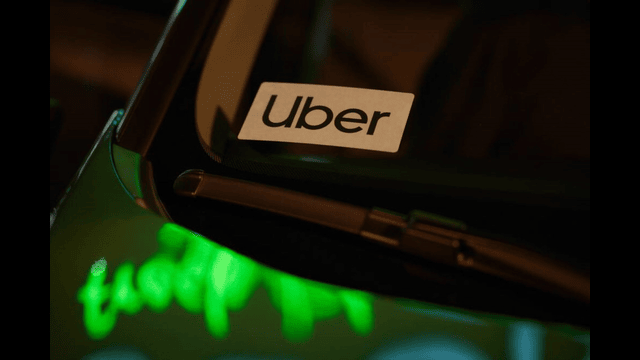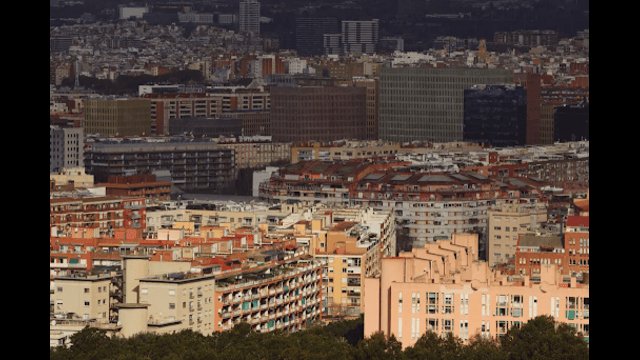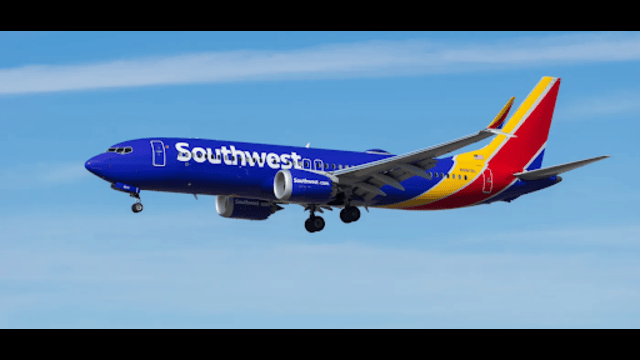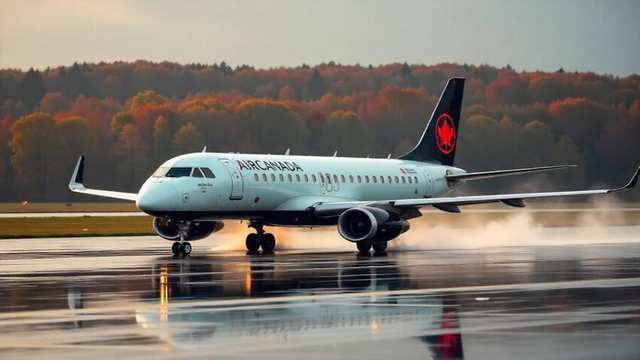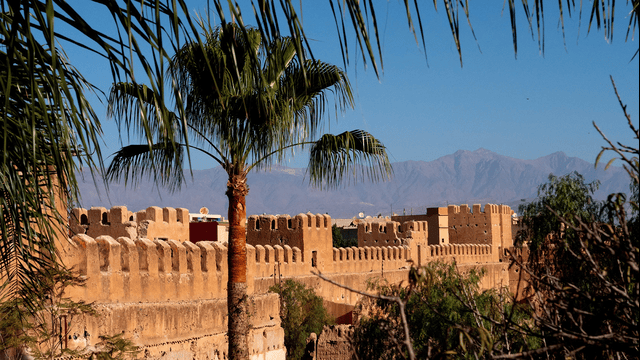
Image of Edinburgh, Scotland, United Kingdom. Travel Pulse
Edinburgh is set to become the first city in Scotland to implement a tourist tax, joining a growing trend among global cities. This new tax, known as the transient visitor levy (TVL), has been under discussion since 2019 and was formally introduced in 2022. Recently, Edinburgh’s city councillors voted to move forward with the tax, aiming to raise approximately £50 million a year, equivalent to about $65.8 million.
The TVL will be applied to various types of accommodations, including hotels, bed-and-breakfasts, self-catering properties, and rentals through platforms like Airbnb. The revenue generated from this tax is intended to fund improvements across the city and enhance the overall tourism experience. According to Cammy Day, the leader of the City of Edinburgh Council, the funds will be used to address several key issues. These include maintaining cleanliness, managing tourism-related pressures, and responding to the city’s housing needs. Day emphasized that the tax will help Edinburgh continue to offer its rich array of attractions while managing the impacts of high visitor numbers.
Edinburgh’s decision reflects a broader trend seen in major tourist destinations worldwide. Cities like Venice, Barcelona, Paris, Bali, and various locations in Greece have already introduced similar levies. These taxes are designed to alleviate the burden of tourism on local infrastructure and services, ensuring that cities can sustain their appeal while managing the demands placed upon them.
Despite the anticipated benefits, the tourist tax has sparked some controversy. Critics in Edinburgh worry that the additional charge might deter tourists from visiting the city or diminish its attractiveness as a travel destination. These concerns are balanced by the potential benefits that the tax promises to bring to Edinburgh’s infrastructure and visitor services.
A 12-week consultation period is scheduled to start soon, during which Edinburgh residents will have the opportunity to weigh in on the specifics of the tax. The proposed rate for the TVL is currently set at 5 percent, but there are discussions about potentially raising it to 8 percent. City leaders are eager to gather public feedback to determine the final rate that will be implemented. The goal is to have the tax fully in place before the 2026 festival season, ensuring that the city is well-prepared to manage both its tourism needs and the associated revenue.
In summary, Edinburgh is preparing to introduce a tourist tax, aiming to generate £50 million annually to improve city services and manage tourism impacts. The tax, applied to various types of accommodations, is scheduled to be implemented before the 2026 festival season, following a period of public consultation to finalize the rate. This initiative follows similar measures in other global tourist hotspots, reflecting a growing trend in managing the effects of high visitor numbers.




